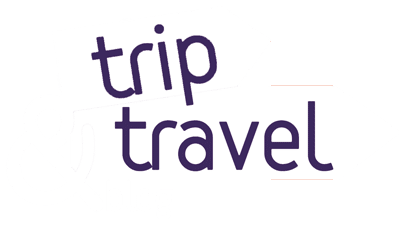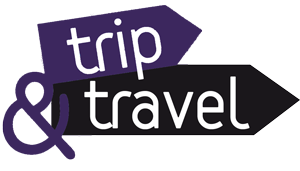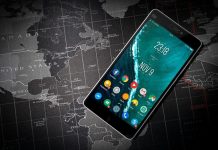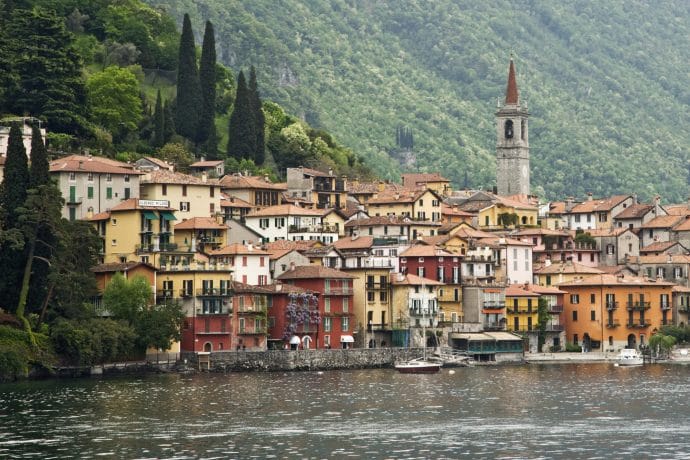When people talk about travel, they often focus on the big things. The famous monuments, the breathtaking views, the must-see attractions that define a destination. And while I’ve certainly spent time queuing for museums and snapping photos of iconic skylines, I’ve come to realise that what stays with me the longest are the unexpected chats. The simple, human moments that happen somewhere in between the sightseeing.
My recent trip to Portugal made this clear. I’d planned everything down to the letter, walking tours in Lisbon, a day trip to Sintra, sunset at Miradouro da Senhora do Monte. But the moments I talk about now are much smaller. A café owner in Porto who recommended a wine I’d never heard of. A woman at a bus stop in Cascais who explained, with great patience and hand gestures, where I was meant to be standing. A market vendor in Alfama who shared a childhood memory after I complimented her cheese.
These weren’t long conversations, and they weren’t always grammatically perfect. But they were honest, warm, and oddly grounding. They made me feel like more than just a passing tourist. Let me tell you more about this story and how this app called MakesYouFluent helped me!
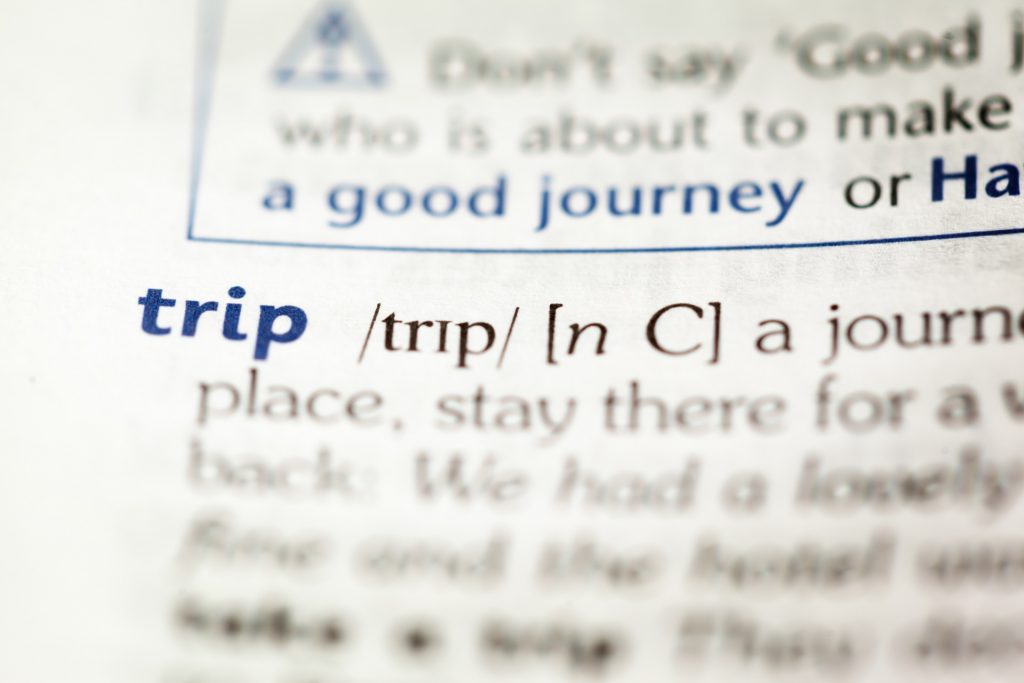
Learning to Say More Than “Hello”
Before I left for Portugal, I knew I wanted to be able to say more than just “obrigado” and “bom dia.” I didn’t expect to become fluent, but I wanted to be able to understand a little, ask for something politely, and follow the gist of a reply. It turns out that even small efforts are noticed – and appreciated.
I’d been using a language app called MakesYouFluent in the weeks leading up to my trip. What I liked most about it was how it went beyond the usual vocabulary drills. It paired me with AI tutors who could role-play real-life situations with me, ordering food, asking directions, making small talk in shops. There were short games to build confidence in key phrases, and when I was ready, I could practise full conversations in a natural flow.
The app didn’t feel like work. It felt like prep, the kind of friendly rehearsal that gave me just enough confidence to try my Portuguese out in the wild. And when I got things wrong (which happened often), people were kind. In fact, the effort itself usually sparked a smile or a chat in return.
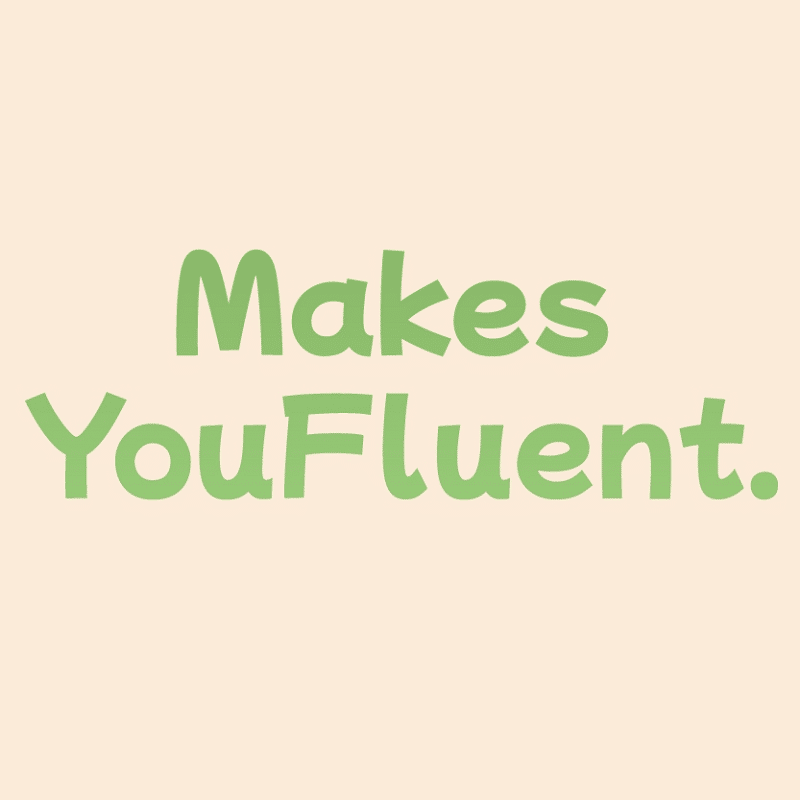
Moments You Can’t Plan
In the end, the places I visited were beautiful. But the moments I remember most weren’t on any itinerary. There was the fisherman who let me try steering his small boat for a minute. The old man who told me about the history of his local square while I ate a pastel de nata nearby. The young bartender who taught me how to pronounce a tongue-twisting cocktail name properly.
These moments happened because I was open – not just to seeing, but to speaking. Even when my sentence came out backwards or I hesitated on a word, the act of trying to connect made a difference.
Travelling is often about finding new ways to understand the world, and language is one of the simplest, most direct ways to do that. It doesn’t have to be fluent or flawless. It just has to be sincere.
Not Just a Destination, But a Conversation
Back home, I’ve found myself recommending not just places, but people. “Go to this café, the guy there is lovely.” “Visit that market, the woman on the cheese stall has the best stories.” The buildings were beautiful, the food was incredible, but the conversations made the experience feel alive.
I think we sometimes underestimate the role of language in shaping those moments. It’s not just about comprehension, it’s about connection. Apps like MakesYouFluent help you build the kind of confidence that unlocks those small but meaningful encounters. Even a short exchange can turn a location into a memory.
If you’re planning a trip and want it to be more than just a photo album, try learning a bit of the language. Not for perfection, but for participation. You might find that the real highlight of your journey isn’t what you see, but who you get to talk to.
